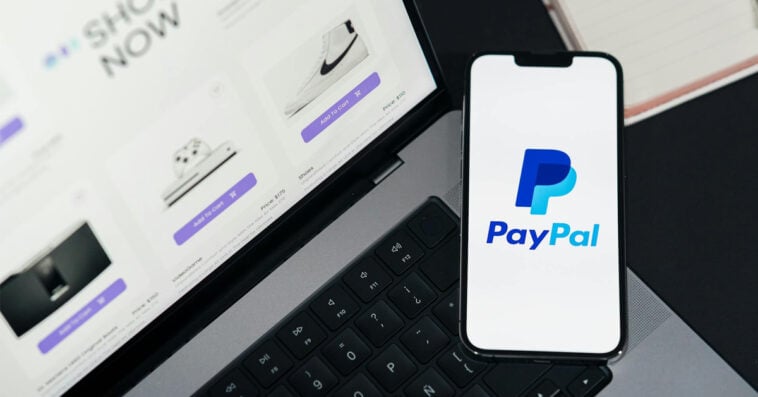Think you’re savvy enough to spot a scam? Think again. A new wave of PayPal fraud is making the rounds—and this time, it’s powered by artificial intelligence. The messages look legit, the support lines sound real, and before you know it, you’re handing over access to your device. Here’s what you need to know before you click, call, or download anything.
New PayPal Scam Uses AI to Fool You—Then Takes Over Your Device
Scammers are stepping up their game—and this time, they’re enlisting artificial intelligence to do the heavy lifting. In a recent warning highlighted by WGAL, PayPal cautions users about AI-generated phishing emails that are alarmingly convincing, making them harder than ever to distinguish from legitimate communications. This isn’t your typical spam; these sophisticated messages are designed to trick even the most cautious users.
These deceptive emails often feature fabricated purchase alerts, detailing high-value transactions such as a $700 iPhone or $599 in Bitcoin. While seemingly minor, a key detail to note is the generic greeting, “Dear PayPal Customer,” a subtle red flag. The scam escalates when recipients, alarmed by the fake charges, call a provided phone number—only to be connected directly with fraudsters masquerading as PayPal support staff.
Once trust is gained, victims are instructed to install what looks like an official PayPal support tool. But the software is anything but helpful—it secretly provides the scammers with complete, unfettered access to the victim’s device, potentially leading to drained accounts and compromised personal data.
Fighting AI with AI: PayPal Rolls Out New Fraud System
In response to the escalating threat of AI-powered scams, PayPal has rolled out a sophisticated, AI-driven fraud alert system. It’s a dynamic defense designed to intercept fraudulent activity before you lose your hard-earned money. Unlike traditional, static systems, this new protection learns and adapts in real time, constantly analyzing risk signals and your transaction history to provide warnings that are truly relevant.
“We’re combating AI used by bad actors with more intelligent AI used for good,” stated Yigit Yildirim, PayPal’s senior vice president of Global Fraud Prevention, in a statement, according to ZDNet.
One of the key innovations of this system is its ability to combat “alert fatigue.” You know the feeling—being bombarded with generic warnings until you start ignoring them. PayPal’s new system avoids this by offering dynamic alerts that are specifically tailored to the level of risk. If it detects a minor anomaly, you might get a subtle nudge. But for serious threats, it won’t hesitate to block the transaction entirely, acting as your digital bodyguard.
Don’t Fall for It: PayPal’s Top Safety Tips for Online Buyers
As online fraud grows increasingly sophisticated, technology companies are developing smarter, more adaptive tools to protect you. However, the most critical line of defense remains personal awareness. With the Federal Trade Commission (FTC) reporting fraud losses topping $12.5 billion in 2024, the stakes for online safety have never been higher.
Beyond its advanced AI detection systems, PayPal and its sister platform, Venmo, are empowering users with essential advice. This guidance is especially crucial during busy periods like the summer, when deceptive schemes, such as ticket scams, often surge.
Here are vital tips to safeguard your funds and personal information:
- Always Use Purchase Protection: When buying goods or services, rely on PayPal and Venmo’s built-in purchase protection. Never send money using the “Friends and Family” option for commercial transactions, as this bypasses crucial safeguards.
- Stick to Verified Sellers: Shop only with trusted merchants and established platforms. Be highly suspicious of listings on social media or unverified websites.
- Beware of Unusual Payment Demands: A significant red flag is any request for payment via gift cards, wire transfers, or cryptocurrency. Legitimate businesses rarely ask for these non-traceable methods.
- Recognize Red Flags: Stay vigilant for common scam indicators, including generic greetings (“Dear Customer”), messages creating a false sense of urgency, and any suspicious or unusual links.
- Report Suspicious Activity: If you receive a questionable email, forward it immediately to phishing@paypal.com. If you believe you’ve been scammed, contact law enforcement right away.
Sources: WGAL, eSecurity Planet

